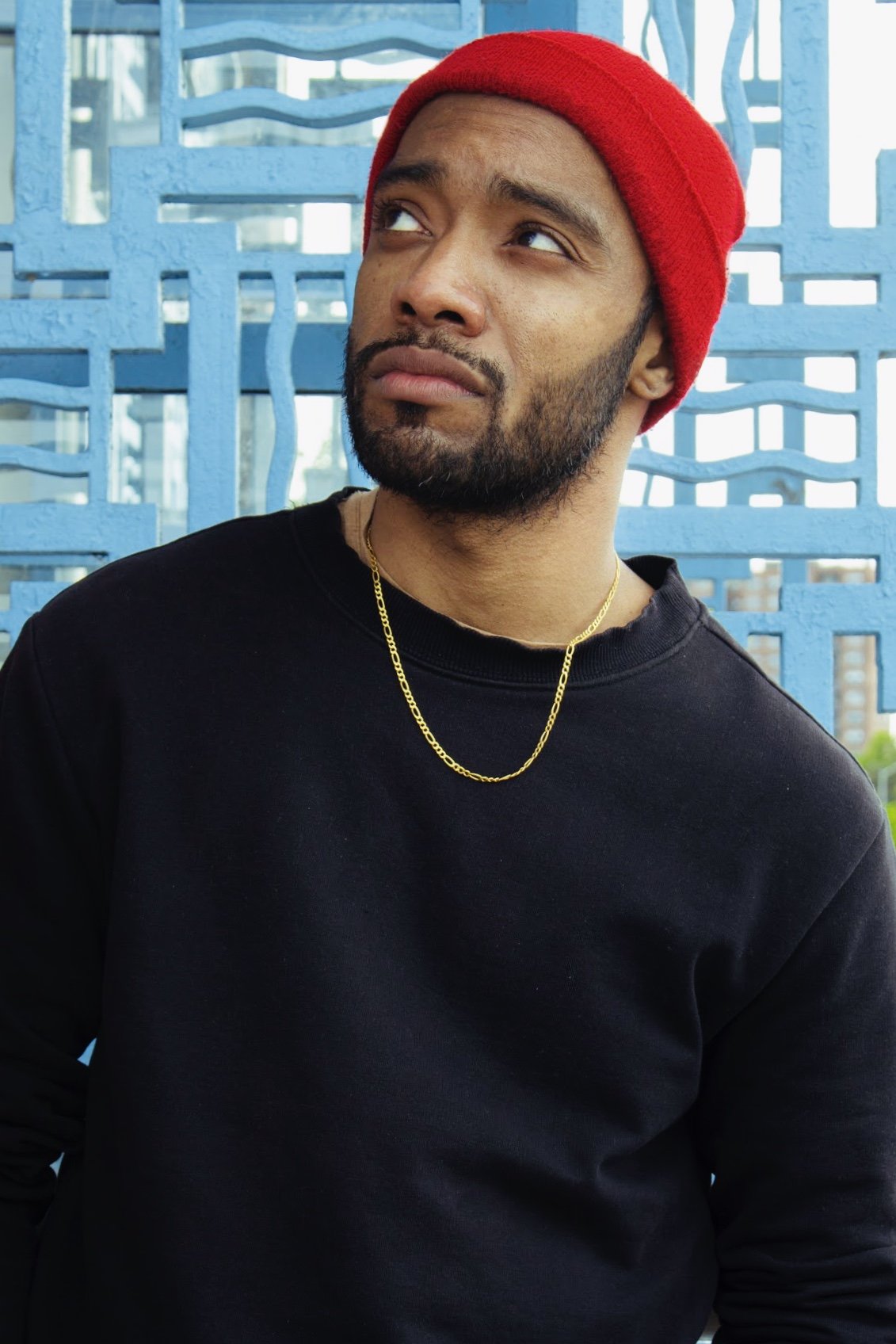Hi all, I’m Tammy. There are many, like me, who believe that writing is a vehicle of creating connections, to oneself and others. The sense of isolation diminishes, even disappears. We do not want to live a life in a vacuum. Robert Frost said, “A poem begins with a lump in the throat; a homesickness or a love sickness. It is a reaching-out toward expression; an effort to find fulfillment. A complete poem is one where an emotion has found its thought and the thought has found words. ”Roger Rosenblatt once said, “We go through the arduous task of learning how to speak in order to tell the stories within.” The drive to say, “I am/was here” is hardwired in humans. This “drive” has been with us since we were aware of our “humanness.” The Indonesian handprints are at least 39,900 years old.
I am a believer that the creative process enables deeper critical thinking. It represents the highest level of Maslow’s hierarchy of needs; that being: self-actualization. There are many, like me, who write as a form of therapy; when the world does not make sense, when it is colder than icebergs, or when it shows a sign that there is hope. I hone the emotion in my personal lyrical poetry into a piece of highly polished art. The poem becomes a lantern for the reader, signaling someone understands and waits to embrace them.
I teach poetry because I know the healing power of words.
I know the human mind is poetic in nature. I know that with a handful of instruction and an armload of encouragement poems emerge from those who never thought they possessed the gift. I teach poetry because I understand the soul, in all of us, suffers and rejoices. I know the yearning to release/express. I, like my students, am like Keller, seeking the sight of words.
I have had the pleasure of serving as Suffolk County Poet Laureate (2009 – 2011) and the Long Island Poet of the Year (2017). I have devoted my adult life to poetry and having a location on Long Island that is open to anyone wishing to utilize it, is a vision forty years in the making that is now a reality that is the Long Island Poetry Literature Repository.
One of my most memorable experiences concerning poetry and its power is when I conducted “residency workshops” in the Suffolk County correctional facilities for five years. For the first three I would only hold workshops for the female inmates. One of the guards asked me to please include the male inmates. I relented and was ashamed after spending time with them. The men were in as much need to have a positive form of expression as the women. I was not, and still am not, Pollyanna about the inmates, but I also know the verse, “There but by the grace of God go I.”
In the fifth year I held workshops in two of Suffolk County facilities. I edited an anthology of their work, Finding Our Voices. Neither facility wanted to be associated with the other, one being the Riverhead County Jail and the other being the Day Jail in Hauppauge for drug and alcohol offensives. The Riverhead facility claimed that the day inmates in Hauppauge were nothing more than posers. The day inmates in Hauppauge said that the Riverhead inmates were all criminals. I found this separation of themselves from the other fascinating. I made sure each inmate received a copy of the anthology, which was partially funded by the Huntington Arts Council and BOCES.
The apex of my experiences, concerning the power of poetry, is the following story. Years ago, I had a poetry website. One of the contributors was a woman who I will call Mary. Her poems were getting darker and deeply depressing. I finally reached out to her and expressed my concern. She wrote back saying how she was an American stuck in Romania. She had sold all her belongings to join a man she had met online. He became abusive and broke her hand. She could not work, as she did not speak the language.
She said she had reached out to the United States Consulate; they would not help her. I asked if I could try to help her. Yes, she said. I called The Retreat, an organization that assists domestically abused women. They contacted the US Consulate on her behalf, next thing she and I knew, the consulate paid for her return ticket and The Retreat gave her shelter. A couple of weeks later I was the featured reader at a poetry reading in her area and asked if she would care to go. We met at a deli, as the location of the shelter was not to be shared. When she got in my car she said, “I’m scared.” Of what I asked. She replied of reading in public. I said, “After what you just went through, THIS is what you are scared of??” We both laughed. Several months later she moved to North Carolina to live with her sister. Many years later I worked at The Retreat as a Court Advocate.
I would like to think that poetry brought about what I mentioned at the beginning of this article: that writing is a vehicle for creating connections, to oneself and others. The sense of isolation diminishes, even disappears.
Tammy has earned her Ph.D. in Humanities & Culture in the Interdisciplinary Studies program at Union Institute & University. Her dissertation was: The Healing Power of Poetry. She teaches at Long Island University, at the C W Post campus, as an adjunct assistant professor in the departments of: English, Humanities, and Sociology. She is the Founder and President of Long Island Poetry & Literature Repository. She was the first female appointed to the post of Suffolk County Poet Laureate 2009-2011. She is the Editor of Long Island Sounds Anthology.
Some of her accomplishments: 2017 WWBP Long Island Poet of the Year; 2016 Charter Member of the Long Island Authors’ Circle; National Association Poetry Therapy Member (since 2015); 2012 – 2020 Poet-in-Residence Southampton Historical Museum; 2011 Nominated Pushcart Prize, “Beneath an Irish Sky” by Mobius; 2011 - 2014 Poetry Director of Youth Program in Ireland at the Gerard Manly Hopkins Festival; 2010 Mobius’ Editor-in-Chief Choice; 2009 Recipient of LIWG Community Service Award; Listed in Poets & Writers since 2006.
G&E In Motion does not necessarily agree with the opinions of our guest bloggers. That would be boring and counterproductive. We have simply found the author’s thoughts to be interesting, intelligent, unique, insightful, and/or important. We may not agree on the words but we surely agree on their right to express them and proudly present this platform as a means to do so.




























